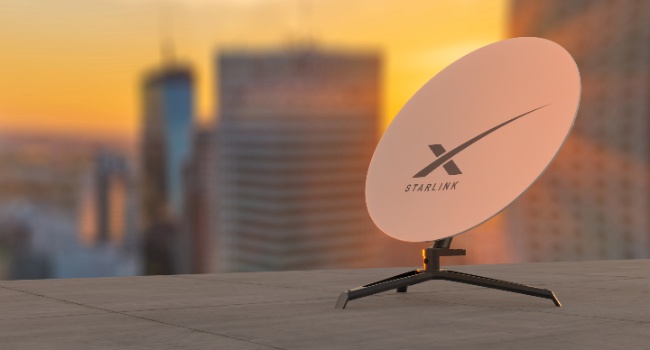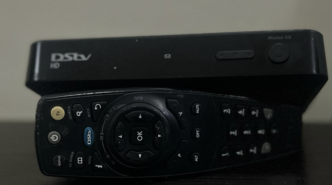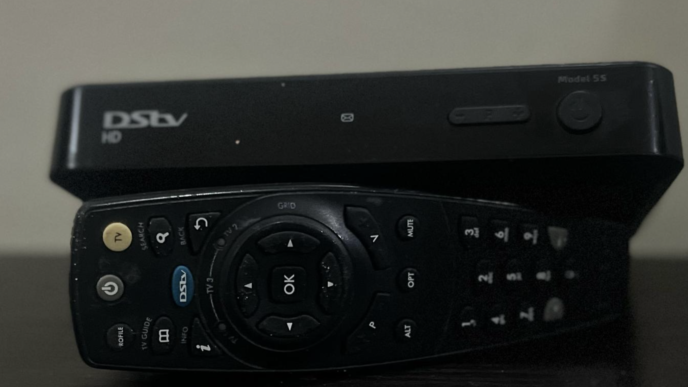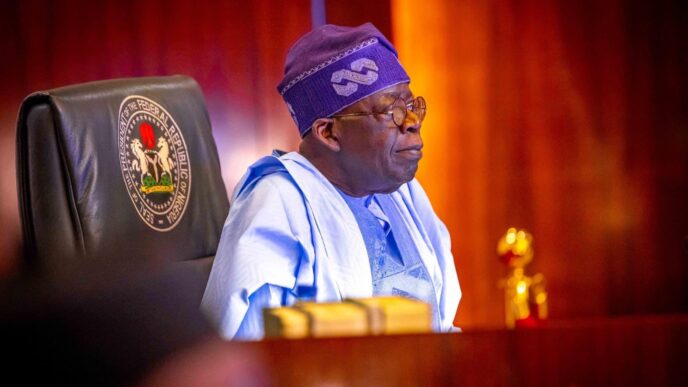China is reportedly expanding its satellite internet network to challenge Starlink, an internet constellation owned by Elon Musk.
A recent Reuters report said the Shanghai-based SpaceSail, backed by the Chinese government, is expanding its satellite services by engaging with over 30 countries, including Brazil.
Meanwhile, Brazil is also reportedly negotiating with Jeff Bezos’ Kuiper and Canada’s Telesat for satellite internet partnerships.
According to the report, SpaceSail plans to deploy 648 satellites in 2025 as part of its Qianfan (Thousand Sails) constellation, with a goal of reaching 15,000 satellites by 2030.
Advertisement
Since 2020, Starlink has deployed more low-earth orbit (LEO) satellites than all its competitors combined, providing high-speed internet to remote areas, maritime users, and military operations.
On the other hand, China’s growing satellite network has raised concerns among Western governments over potential surveillance, censorship, and military applications.
The American foreign policy council recently warned that the US must strengthen alliances with developing nations to counter China’s expanding digital influence.
Advertisement
Also, researchers linked to the Chinese military are reportedly studying how Starlink supports defense operations and have developed new tracking methods to monitor its satellite movements.
China is said to be investing heavily in satellite technology.
In January 2025, Hongqing Technology secured $47 million to develop a 10,000-satellite constellation, while SpaceSail raised $930 million in 2024 from state-owned funds.
Advertisement
Add a comment










